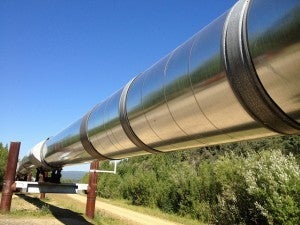 When it comes to how utilities plan for future gas needs and use, challenges abound: Pipelines are built before state regulators have an opportunity to assess whether it is prudent for a gas utility to take service from that pipeline; decisions are made behind closed doors with little opportunity for stakeholder input; and planning efforts do not appropriately consider options other than traditional infrastructure such as energy efficiency, gas demand response, or renewable alternatives to natural gas.
When it comes to how utilities plan for future gas needs and use, challenges abound: Pipelines are built before state regulators have an opportunity to assess whether it is prudent for a gas utility to take service from that pipeline; decisions are made behind closed doors with little opportunity for stakeholder input; and planning efforts do not appropriately consider options other than traditional infrastructure such as energy efficiency, gas demand response, or renewable alternatives to natural gas.
Pending before the Rhode Island Public Utilities Commission (RI PUC) is a proposal that would meaningfully resolve many of these issues. The utility in the state and the PUC staff crafted a joint memo proposing a more robust planning framework and rigorous oversight of utility decisions. As EDF recently explained in its comments to the RI PUC, this framework will serve the public interest and can be used as an important model for other states.














